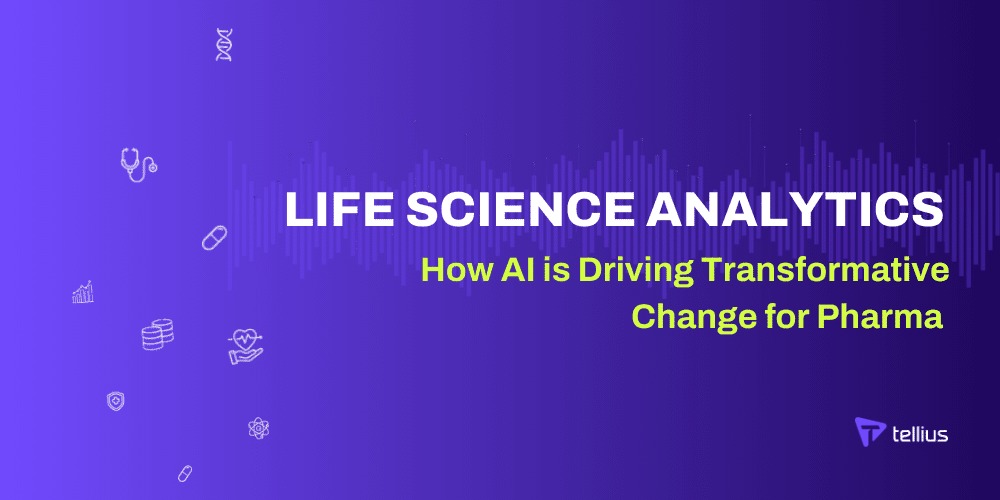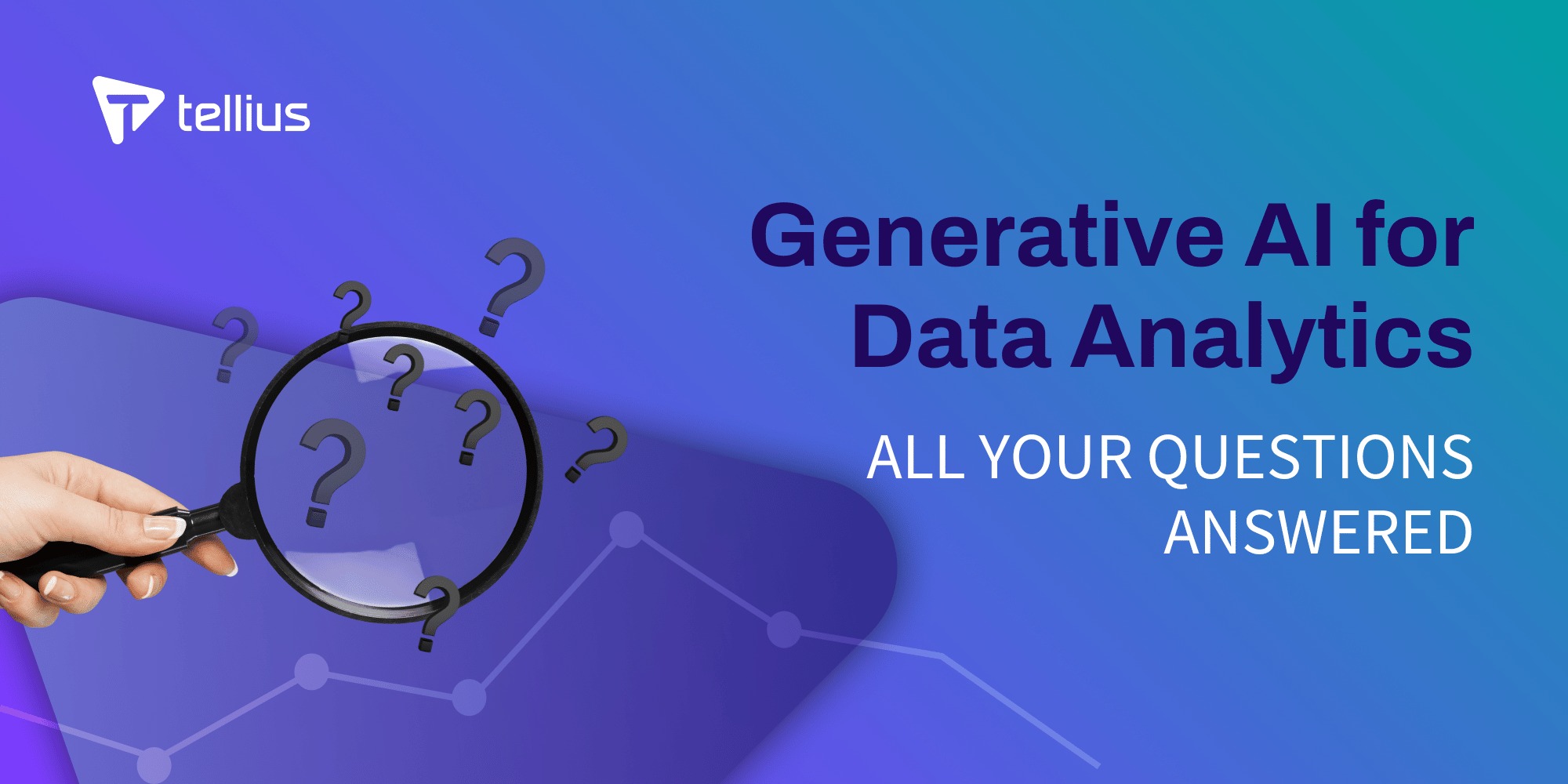 Press Releases That Rank – Boost Authority & Brand Trust Fast!
Press Releases That Rank – Boost Authority & Brand Trust Fast!
Unleashing the Power of Generative AI Analytics: A Comprehensive Guide
Written by Tellius » Updated on: June 17th, 2025 456 views

In the dynamic landscape of data analytics, one technology stands out for its transformative potential: Generative AI. With its ability to create new data instances that mimic real-world scenarios, Generative AI is revolutionizing how businesses extract insights, make predictions, and innovate in diverse domains.
Understanding Generative AI Analytics
A subset of artificial intelligence called generative AI concentrates on producing new material as opposed to merely evaluating pre-existing data. Unlike traditional analytics methods that rely on historical data patterns, Generative AI analytics has the capability to generate synthetic data that closely resembles real-world datasets. This groundbreaking approach enables organizations to augment their data sources, overcome limitations of insufficient or biased data, and uncover hidden insights that traditional analytics might miss.

Applications Across Industries
Generative AI analytics finds applications across a wide spectrum of industries, from finance and healthcare to marketing and entertainment. In finance, for instance, it facilitates risk assessment by generating simulated market scenarios to predict potential outcomes. In healthcare, it aids in drug discovery by generating molecular structures with desired properties. In marketing, it enables personalized recommendation systems by generating user preferences based on historical data. The possibilities are virtually endless, with Generative AI fueling innovation and driving competitive advantage across sectors.
Techniques and Algorithms
Generative AI leverages various techniques and algorithms to create realistic data instances. One popular approach is Generative Adversarial Networks (GANs), where two neural networks, the generator and the discriminator, compete against each other. The generator creates synthetic data samples, while the discriminator distinguishes between real and fake data. Through iterative training, both networks improve, resulting in the generation of increasingly realistic data.
Another technique is Variational Autoencoders (VAEs), which learn the underlying distribution of data and generate new samples by sampling from this distribution. VAEs are particularly useful for generating structured data, such as images, sequences, and time-series data.
Challenges and Considerations
Although generative AI analytics has a lot of promise, there are drawbacks and moral dilemmas to be aware of. Generating high-quality synthetic data requires careful validation to ensure it accurately represents the underlying distribution. Moreover, there are concerns regarding privacy and security, as synthetic data could inadvertently reveal sensitive information about individuals or organizations. Addressing these challenges requires a multidisciplinary approach, involving collaboration between data scientists, domain experts, and ethicists.
The Future of Data-driven Decision-making
As Generative AI analytics continues to evolve, its impact on data-driven decision-making will only grow stronger. Organizations that embrace this technology stand to gain a competitive edge by leveraging synthetic data to augment their analytics capabilities, uncover new insights, and drive innovation. However, success requires a strategic approach, with a focus on ethical use, robust validation, and continuous improvement.
Generative AI analytics represents a paradigm shift in the field of data analytics, offering unparalleled capabilities to generate synthetic data and unlock new insights. By understanding its applications, techniques, and challenges, organizations can harness the power of Generative AI analytics to unleash the full potential of their data assets. As we navigate the complexities of an increasingly data-driven world, Generative AI stands poised to revolutionize how we analyze, interpret, and act on data, driving innovation and shaping the future of decision-making.
Note: IndiBlogHub features both user-submitted and editorial content. We do not verify third-party contributions. Read our Disclaimer and Privacy Policyfor details.
Copyright © 2019-2025 IndiBlogHub.com. All rights reserved. Hosted on DigitalOcean for fast, reliable performance.
















